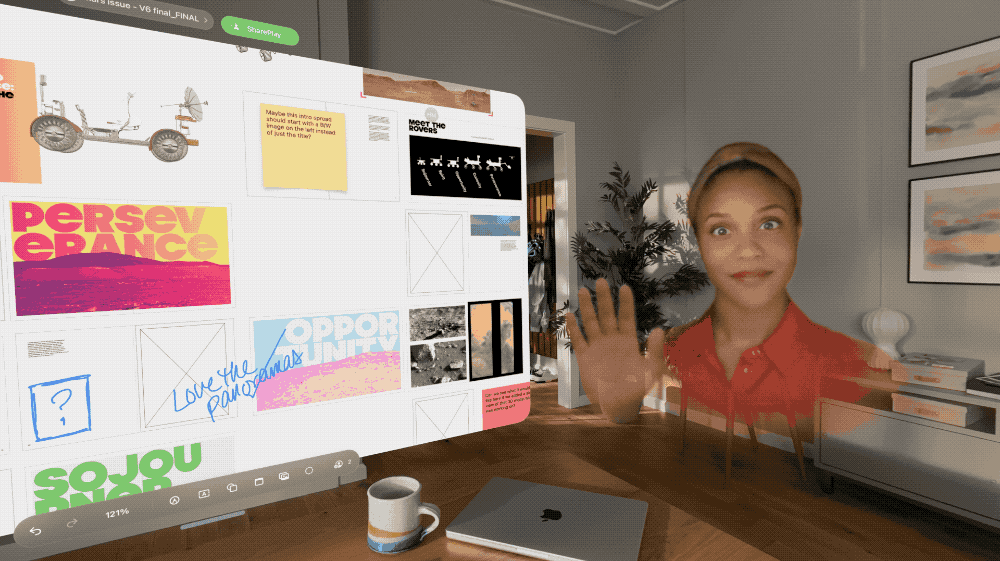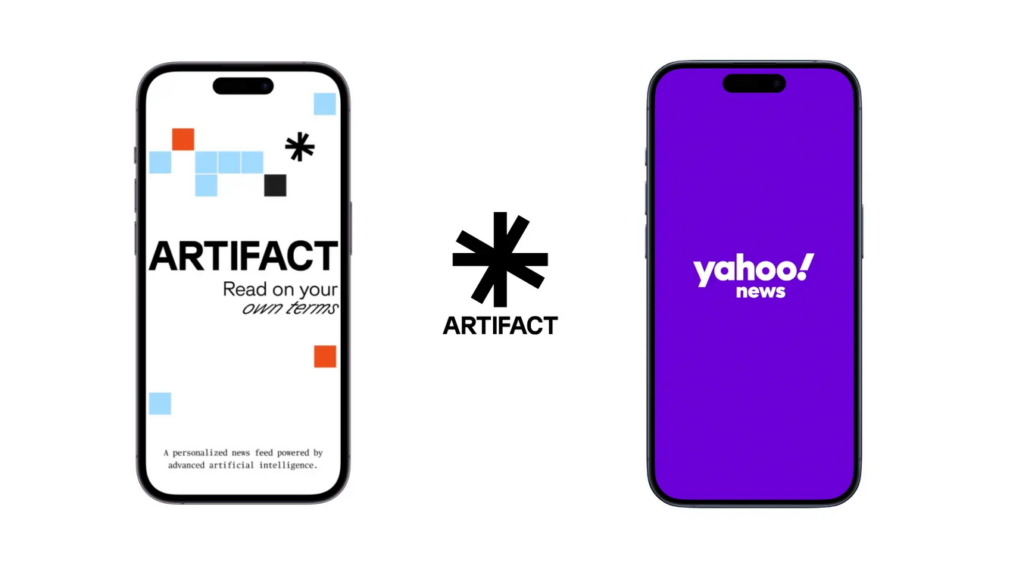Nicki Minaj, Billie Eilish, Katy Perry and other musicians sign letter against irresponsible AI

AI News A group of 200 musicians signed an open letter calling on tech companies and developers to not undermine human creativity with AI music generation tools.
The list of undersigned artists is so power-packed and wide-ranging that it could make for a great Coachella lineup — it features Billie Eilish, the Bob Marley estate, Chappell Roan, Elvis Costello, Greta Van Fleet, Imagine Dragons, Jon Bon Jovi, the Jonas Brothers, Kacey Musgraves, Katy Perry, Mac DeMarco, Miranda Lambert, Mumford & Sons, Nicki Minaj, Noah Kahan, Pearl Jam, Sheryl Crow and Zayn Malik, among others.
“When used irresponsibly, AI poses enormous threats to our ability to protect our privacy, our identities, our music and our livelihoods,” the letter reads. “Some of the biggest and most powerful companies are, without permission, using our work to train AI models… For many working musicians, artists and songwriters who are just trying to make ends meet, this would be catastrophic.”
These artists are right. The AI models that generate new music, artwork, and writing function by training on massive datasets of existing work, and in most cases, asking to remove your work from these models is a futile exercise. It would be as if one of these artists tried to prevent anyone from pirating their music—it’s just not realistic. It’s already possible to make convincing deepfakes of popular artists, and the technology will only keep getting better.
Some companies, like Adobe and Stability AI, are working on AI music generators that use licensed or royalty-free music. But even these tools could negatively impact artists who make scores for TV commercials or other beats that an artist might license for their work.
Historically, musicians have gotten the short end of the stick as technology gets more and more sophisticated. First, it was file-sharing that made it easy to get music for free; streaming emerged as the answer for that issue, but it’s not one that’s satisfied artists. The Union of Musicians and Allied Workers (UMAW) has spent years working to secure better streaming payouts for artists—the artists in the guild estimate that Spotify’s average streaming royalty rate is about $0.0038, or about a fourth of a cent. So it makes sense that musicians remain skeptical of this emerging technology.
Authors have also taken a stand against the rise of generative AI. In July, over 15,000 writers—including James Patterson, Michael Chabon, Suzanne Collins, Roxane Gay, and others—signed a similar open letter, addressed to the CEOs of OpenAI, Alphabet, Meta, Stability AI, IBM and Microsoft.
“These technologies mimic and regurgitate our language, stories, style, and ideas. Millions of copyrighted books, articles, essays, and poetry provide the ‘food’ for AI systems, endless meals for which there has been no bill,” the authors’ letter reads.
But these tech companies aren’t listening. You can still go on ChatGPT and ask it to churn out a passage in the style of Margaret Atwood — it’s not necessarily good, but it does indicate that the large language model has ingested “The Handmaid’s Tale” and can spit out a degraded version of it. And since copyright law isn’t necessarily sophisticated enough to address generative AI, legal recourse is pretty useless at this point.
“This assault on human creativity must be stopped,” the musicians’ letter says. “We must protect against the predatory use of AI to steal professional artists’ voices and likenesses, violate creators’ rights, and destroy the music ecosystem.” SOURCE
Now Apple Vision Pro Personas can float freely across different apps

AI News As of today, Apple has introduced an enhanced feature for Vision Pro users – the “spatial Persona” capability, leveraging VisionOS 1.1. This update transcends traditional FaceTime interactions, allowing users to engage in a more immersive experience with Share-Play-enabled applications. Users can now collaborate, play games, or enjoy media together, simulating the presence in the same physical space.
Originally previewed to developers last year, this functionality is now accessible in the Persona beta. It enables individual users to manipulate and reposition objects within their view, independently of how it affects another user’s perspective. Additionally, spatial audio technology aims to enhance the realism of the virtual environment, giving a sense of the other person’s location within it.
To activate spatial Personas, users must update their devices to VisionOS 1.1 and select the option during a FaceTime call. The feature supports group interactions of up to five participants simultaneously.
The effectiveness of this feature remains under evaluation, particularly due to its dependency on Share-Play and the relatively underdeveloped Vision Pro app ecosystem. The potential for reducing feelings of isolation through virtual companionship in activities such as movie watching will also be a point of interest in its real-world application. SOURCE
Yahoo is buying Artifact, the AI news app from the Instagram co-founders

AI News Artifact, an AI news recommendation tool co-founded by Instagram’s creators, didn’t achieve widespread traction but is poised for a resurgence under Yahoo’s banner. Despite its innovative approach to curating news for readers, Artifact struggled to expand its user base. Yahoo, with its vast audience, sees an opportunity to inject cutting-edge technology into its services, aiming for a rejuvenation in the competitive news aggregation space.
Yahoo has acquired the technology behind Artifact, not its team, with co-founders Mike Krieger and Kevin Systrom serving as “special advisors” rather than joining Yahoo directly. The transition marks the end of Artifact as an independent app, a decision made three months after its creators announced its discontinuation, citing limitations in market potential as a key factor.
Despite initial plans to move on without seeking buyers or additional funding, interest from several companies, including Yahoo, prompted reconsideration. Yahoo’s acquisition reflects a strategic move to harness AI for enhancing content personalization and recommendation, leveraging Artifact’s sophisticated algorithms.
The collaboration promises to bring Artifact’s advanced content categorization and user experience design to Yahoo News, potentially expanding to other Yahoo platforms. This integration aims to significantly increase the reach and impact of Artifact’s technology, offering personalized news experiences to Yahoo’s 185 million monthly users.
As Artifact’s technology integrates into Yahoo’s ecosystem, the focus will be on gradual implementation, ensuring the sophisticated AI algorithms adapt effectively to Yahoo’s infrastructure. This partnership not only offers a new lease on life for Artifact’s innovations but also signals Yahoo’s ambition to pioneer a future-oriented news service, powered by state-of-the-art AI personalization techniques.
Mike Krieger and Kevin Systrom reflect on the journey and future possibilities, emphasizing their ongoing interest in AI’s transformative potential. While they explore new ventures, the successful integration of Artifact into Yahoo stands as their immediate goal, promising to redefine how users interact with digital content in an AI-driven world. SOURCE
Conclusion
The confluence of concerns from music artists about AI’s impact on creativity, Apple’s innovative expansion of Vision Pro’s capabilities, and Yahoo’s strategic acquisition of Artifact underscores a week of significant developments in the technology landscape. While renowned musicians advocate for responsible AI use, fearing for their creative integrity and livelihoods, tech giants like Apple and Yahoo are advancing the frontiers of AI and digital interaction. Apple’s Vision Pro introduces an immersive, spatial Persona feature, redefining virtual collaboration, while Yahoo’s acquisition of Artifact aims to revolutionize personalized news through advanced AI technology. Together, these stories reflect the ongoing dialogue between technological advancement and its ethical implications, highlighting both the potential of AI to enhance human experiences and the critical need for its thoughtful application. As the digital and creative worlds continue to intersect, the challenge lies in harnessing AI’s power to foster innovation while safeguarding the essence of human creativity and connection.
Stay connected with Arcot Group for more AI News into how such collaborations are reshaping the tech landscape and paving the way for future innovations. For further reading on similar breakthroughs and the impact of AI and robotics, explore our blog.




